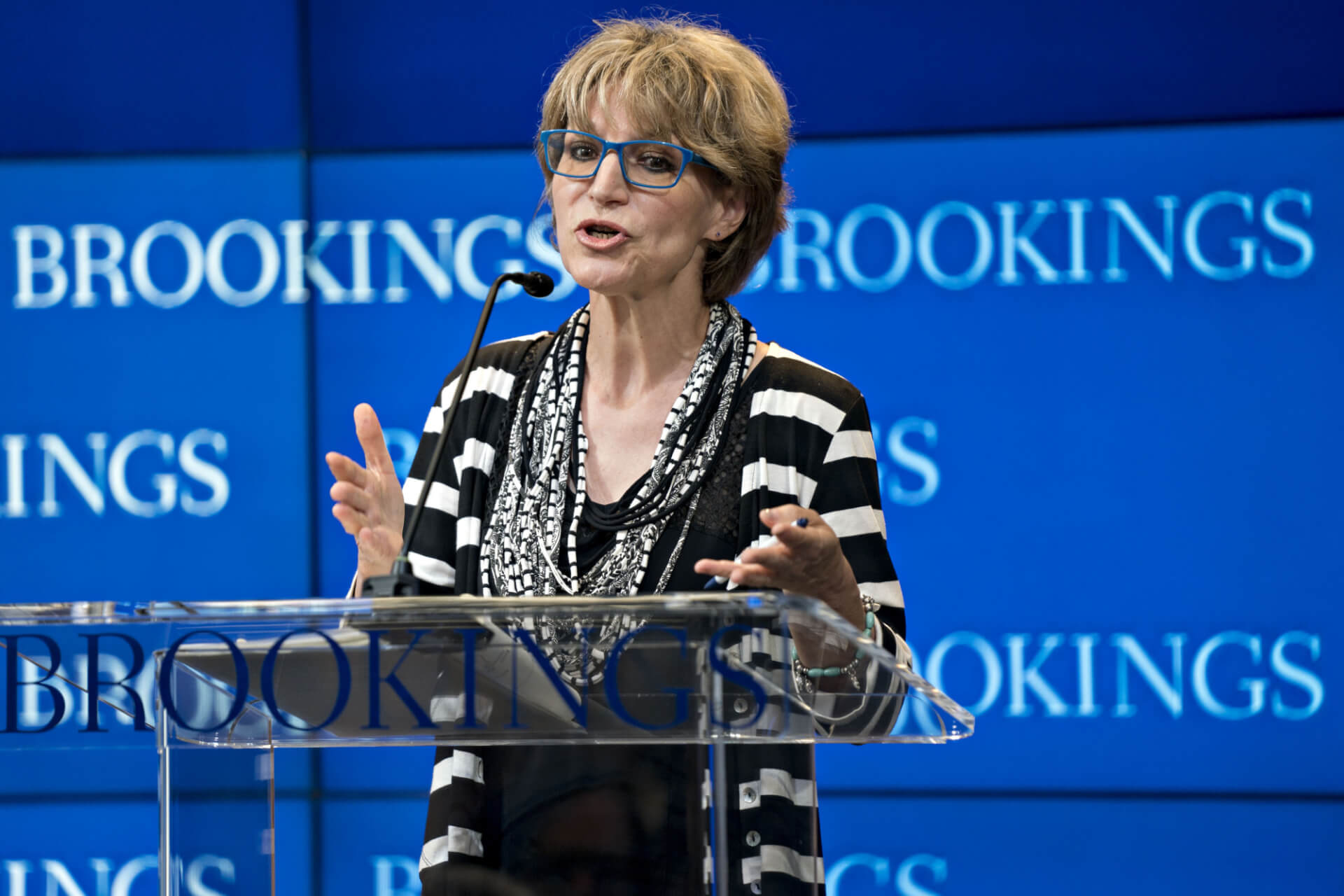On Thursday, Saudi Arabia’s human rights commission head, Awwad Alawwad, refuted accusations that he had threatened to harm Agnes Callamard, a human rights expert who led the United Nations (UN) investigation into the murder of The Washington Post journalist Jamal Khashoggi. Alawwad took to Twitter to say that he rejected the suggestion in “the strongest possible terms,” and that he would have never “desired or threatened any harm upon an UN-appointed individual.”
In an interview with The Guardian on Tuesday, Callamard claimed that a colleague had warned her about a senior Saudi official who threatened to have her “taken care of”, while also saying that the remarks were seen by the UN as a “death threat.” On Wednesday, the UN confirmed the accuracy of her statements. While neither Callamard nor the UN identified the official by name, Alawwad came forward, saying he was “disheartened” that anything he said could be interpreted as a threat, while also claiming that he saw such actions “against the personal integrity of any individual against my moral code.”
Callamard, who has called for sanctioning Saudi Arabia’s Crown Prince Mohammed bin Salman (MBS) over Khashoggi’s murder, submitted her findings to the UN in 2019. Her report concluded that Riyadh was responsible for the “premeditated execution” of the journalist and that there was “credible evidence” to implicate the Crown Prince and other Saudi officials in his murder.
Khashoggi, who was openly critical of the Saudi monarchy, was murdered at the Saudi consulate in Istanbul in October 2018. The Saudi government, which had initially denied any role in his murder later claimed that he was killed by a team of rogue agents from the Kingdom. However, Saudi Arabia has fiercely denied claims that the Crown Prince was involved.
Earlier this year, a US intelligence report released by the Biden administration accused MBS of approving Khashoggi’s assassination. The document said that the Prince had “absolute control” of the Saudi security apparatus, which made it unlikely that Saudi officials carried out the killing without his authorisation. Soon after, US Secretary of State, Antony Blinken announced the “Khashoggi Ban,” a new directive aimed at imposing visa restriction policies on individuals engaging in “counter-dissident activities” on behalf of a foreign government. As part of this policy, the US government imposed travel restrictions on 76 Saudi officials believed to have played a role in Khashoggi’s murder.
Saudi Official Refutes UN Khashoggi Investigator’s Death Threat Claim
Agnes Callamard, a human rights expert, claimed that a colleague had warned her about a senior Saudi official who threatened to have her “taken care of."
March 26, 2021

SOURCE: BLOOMBERG
